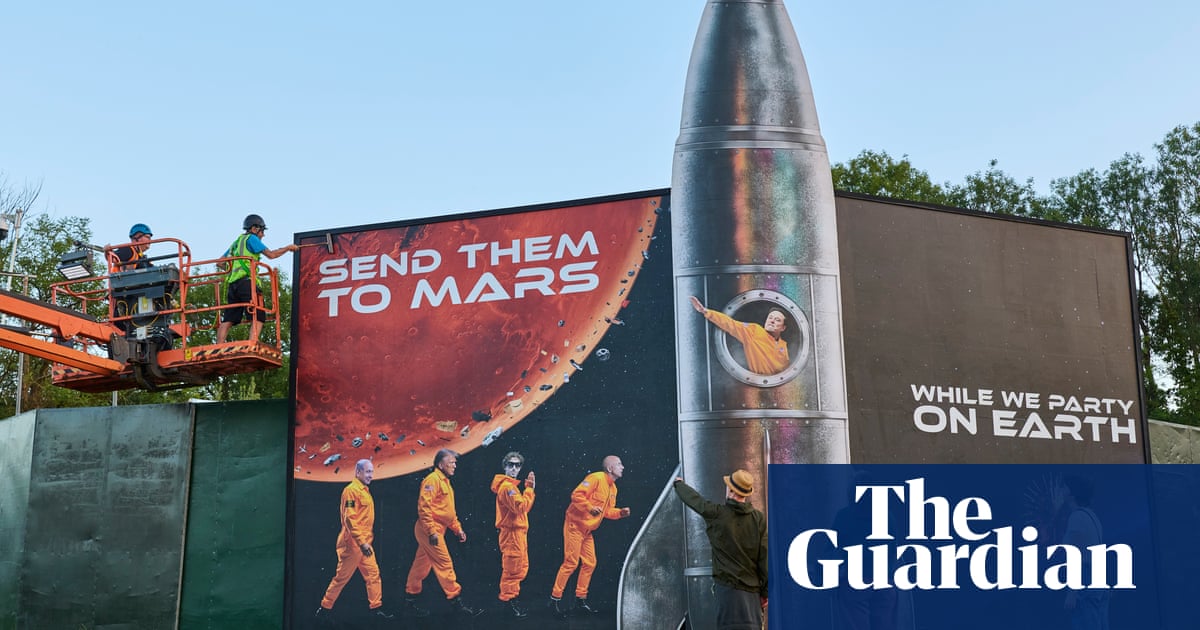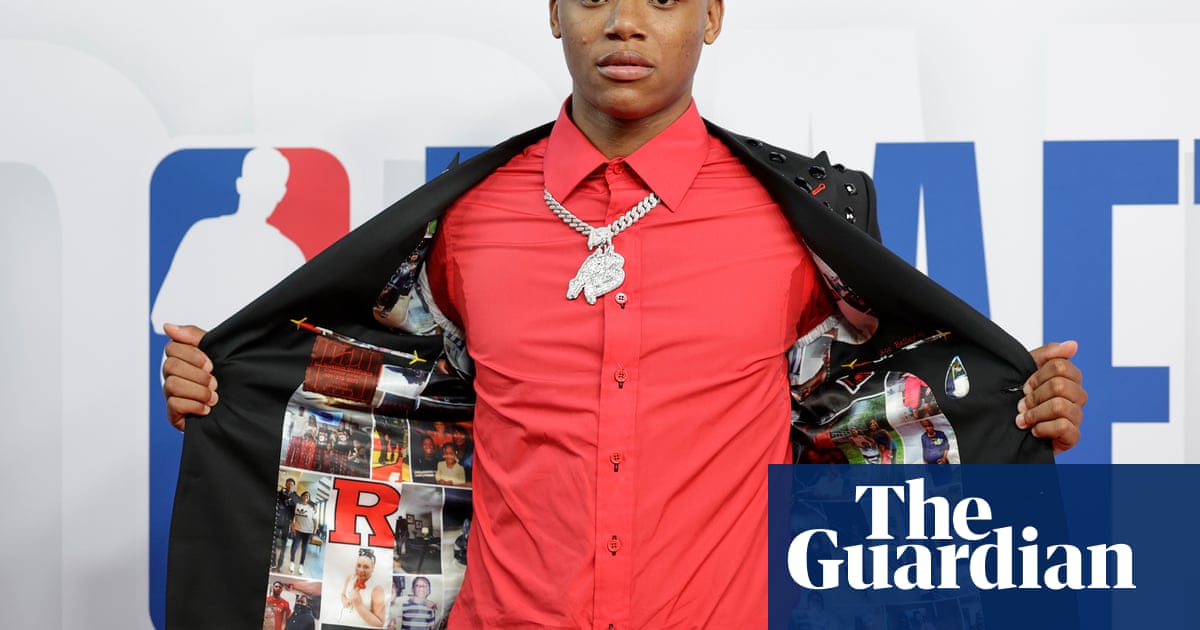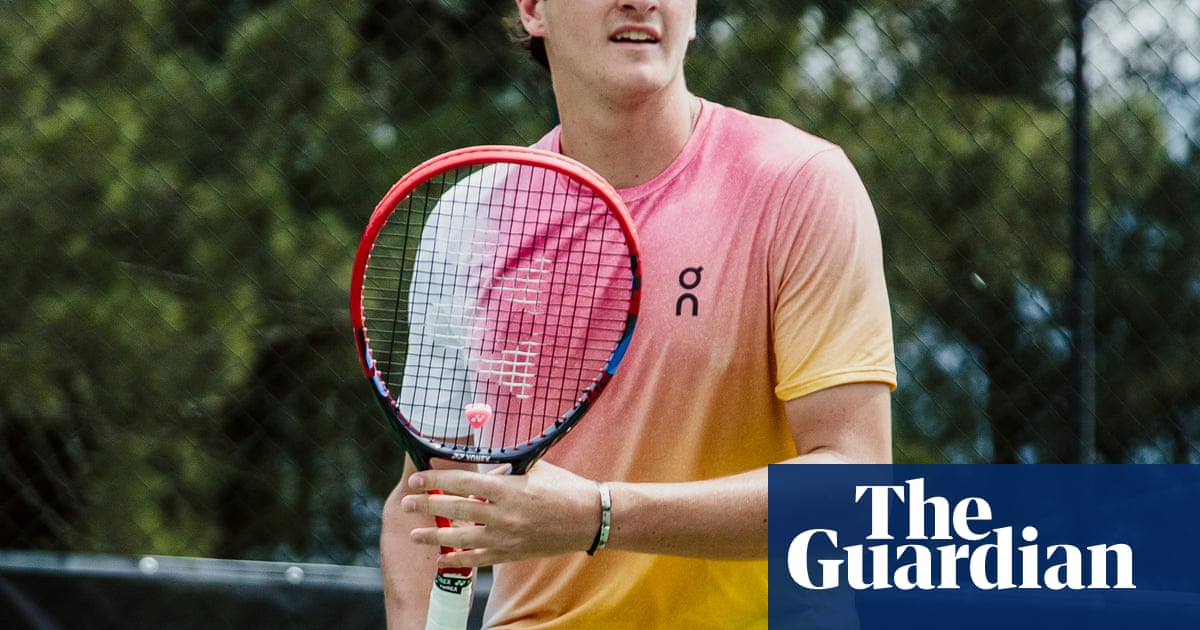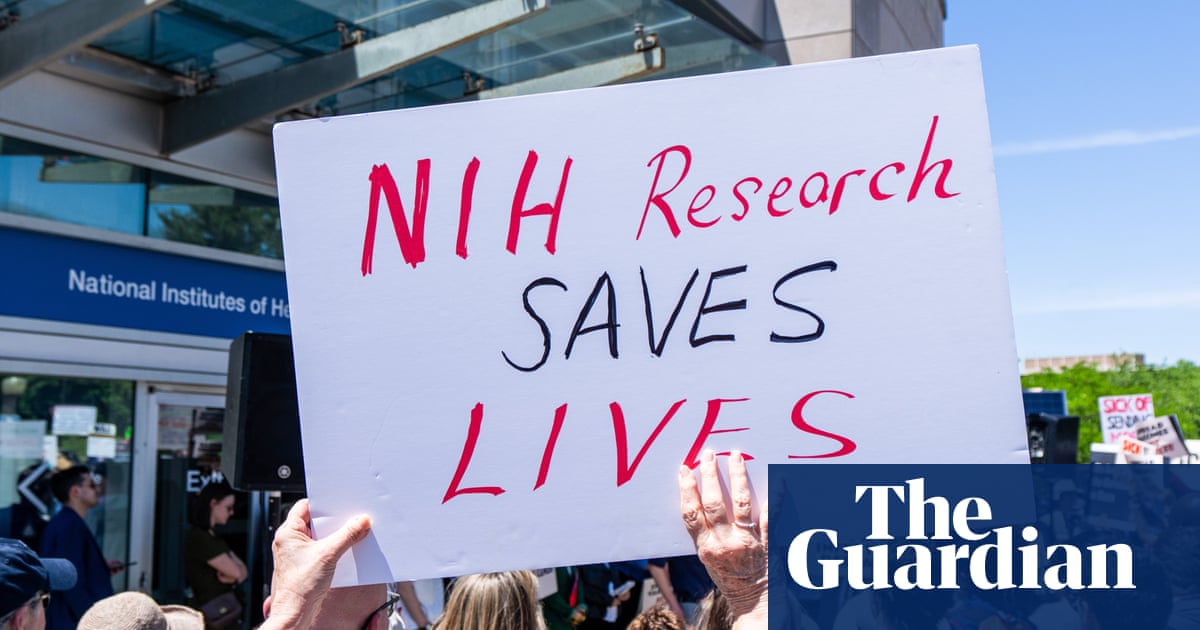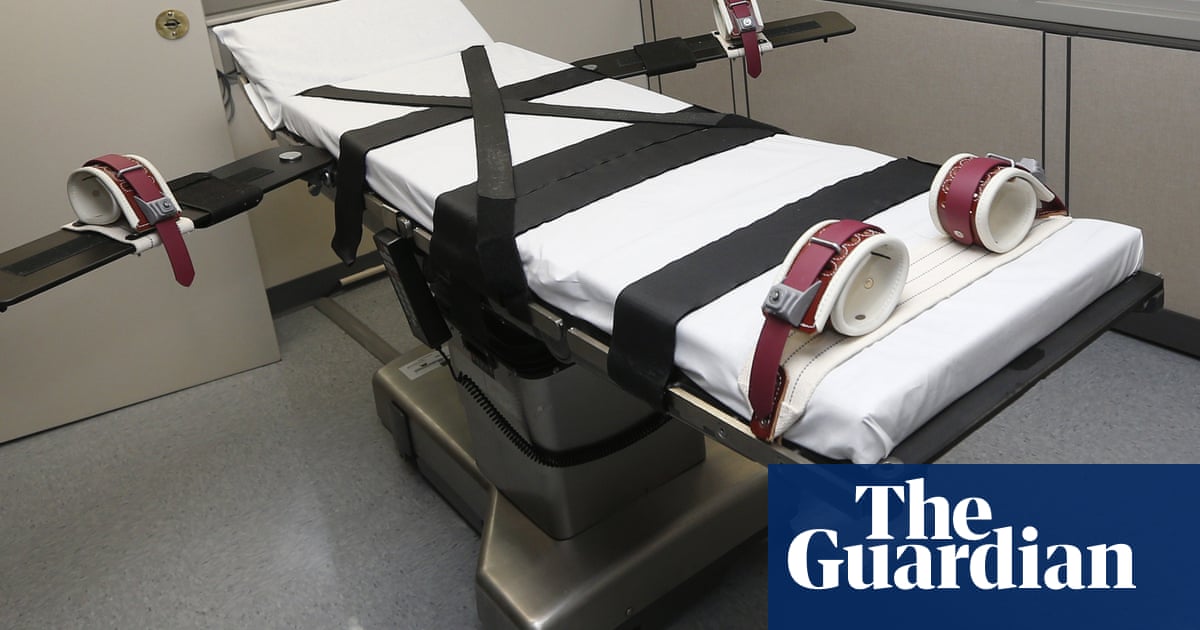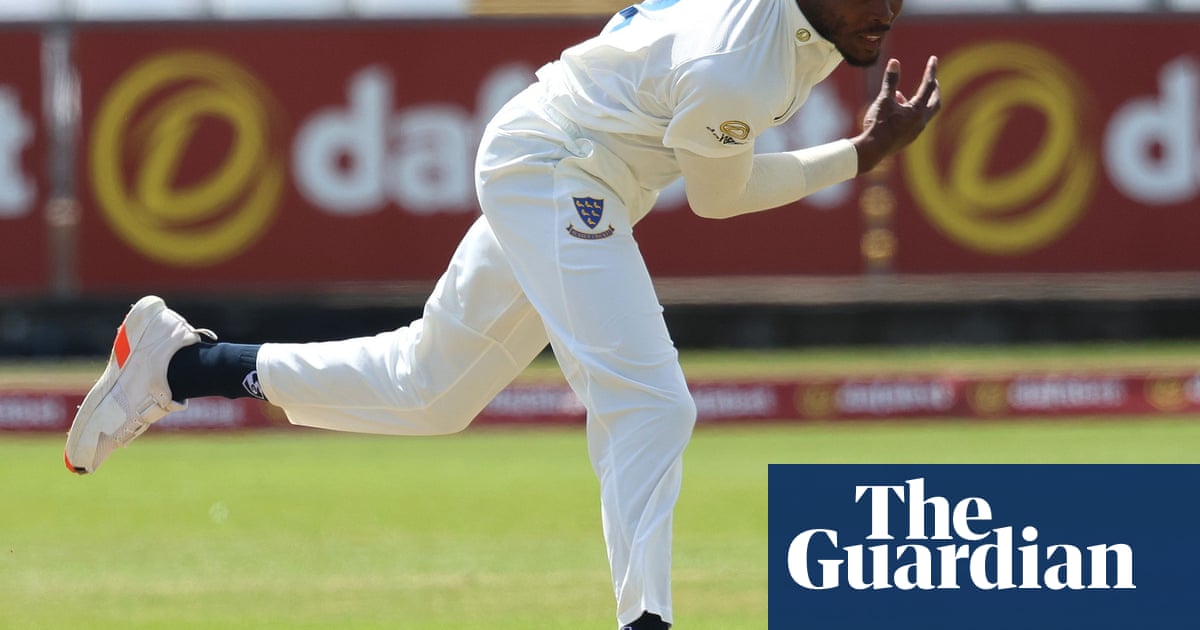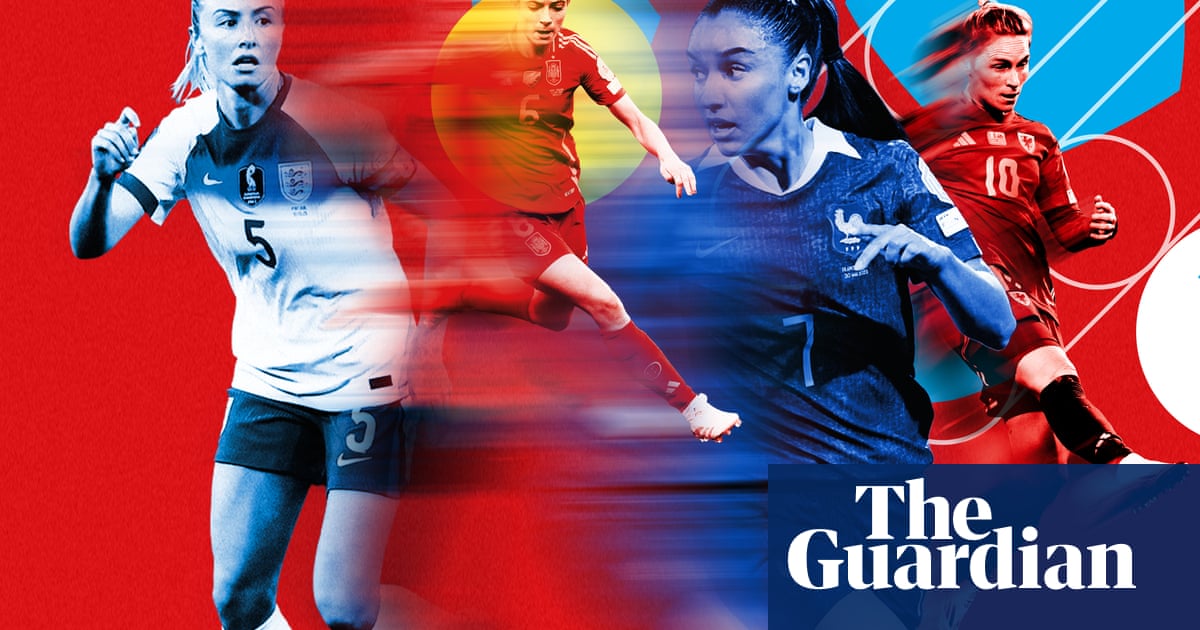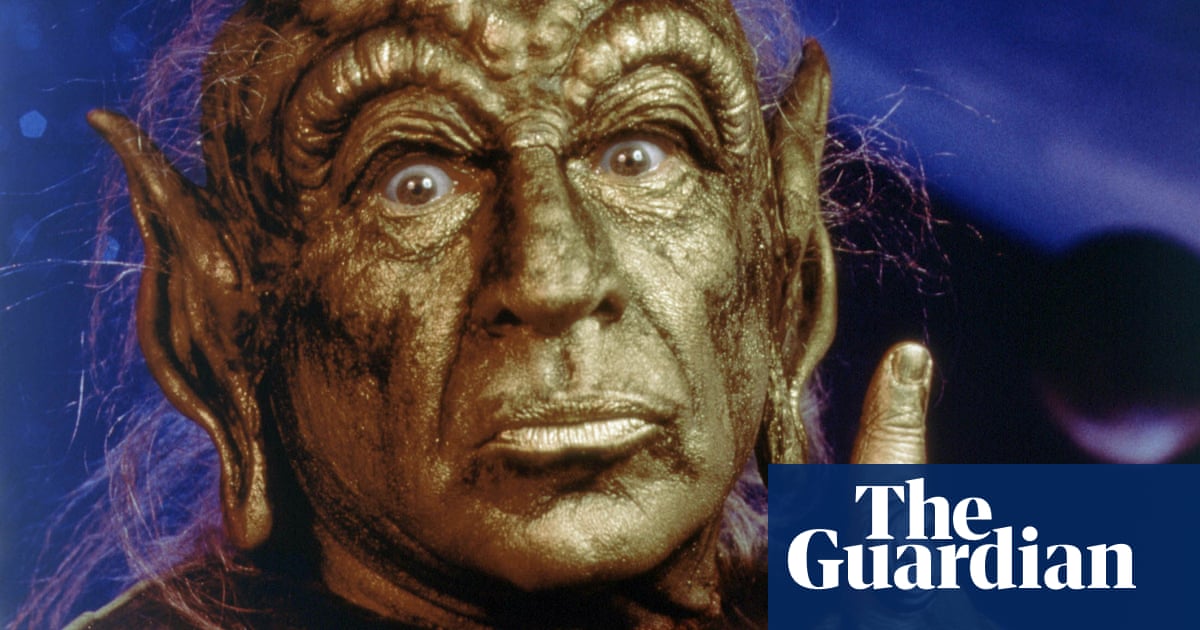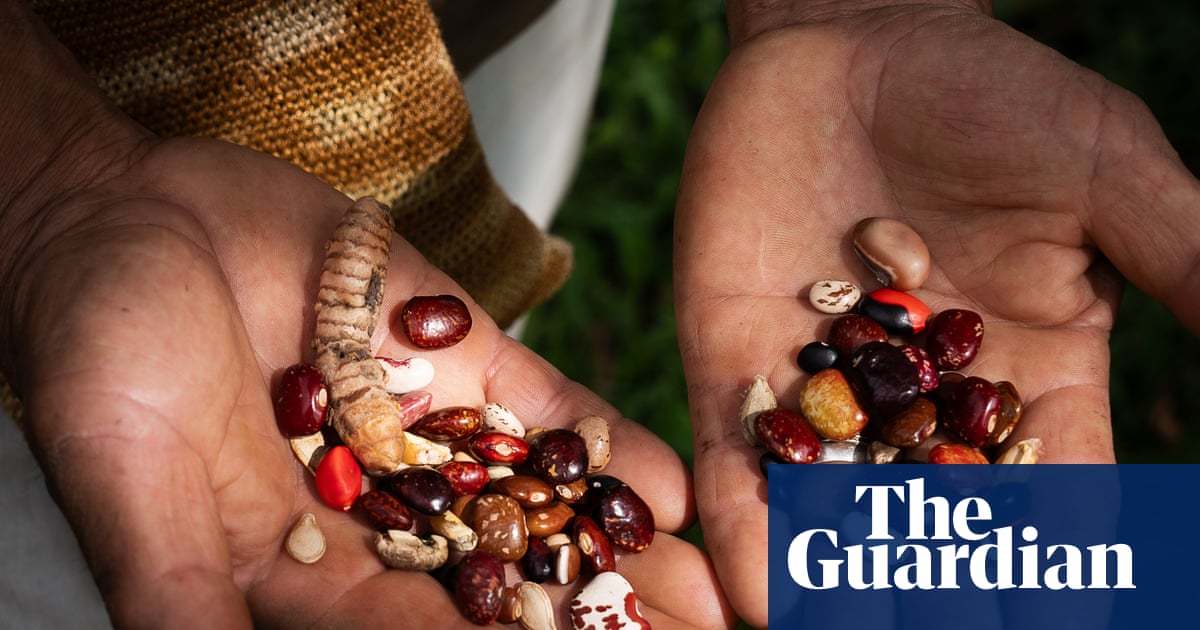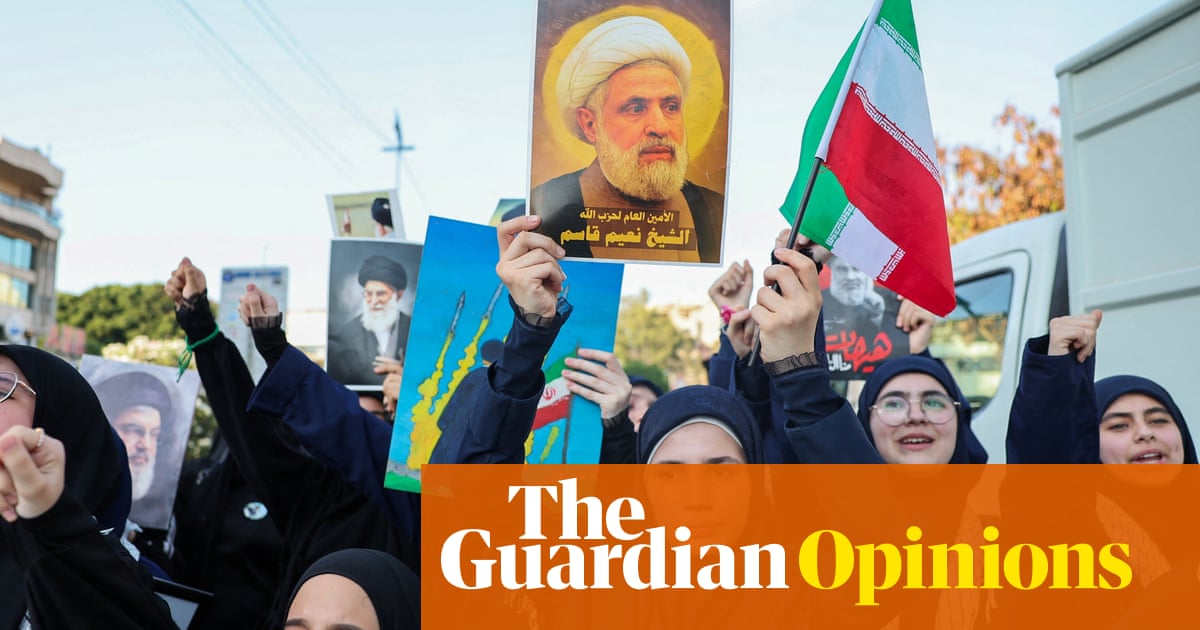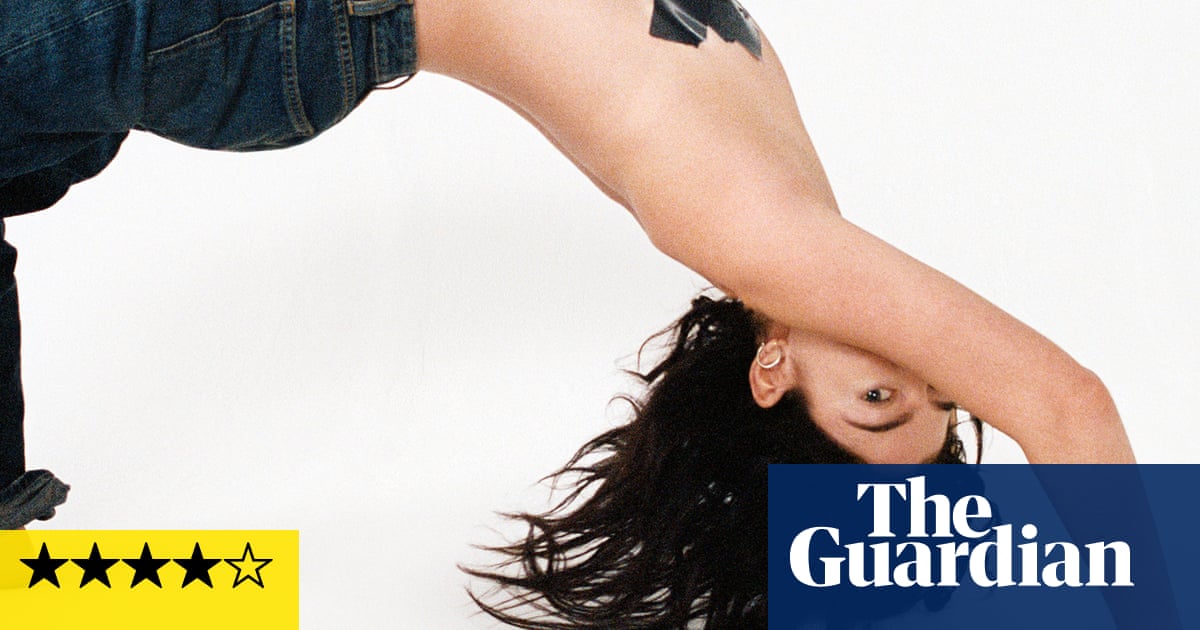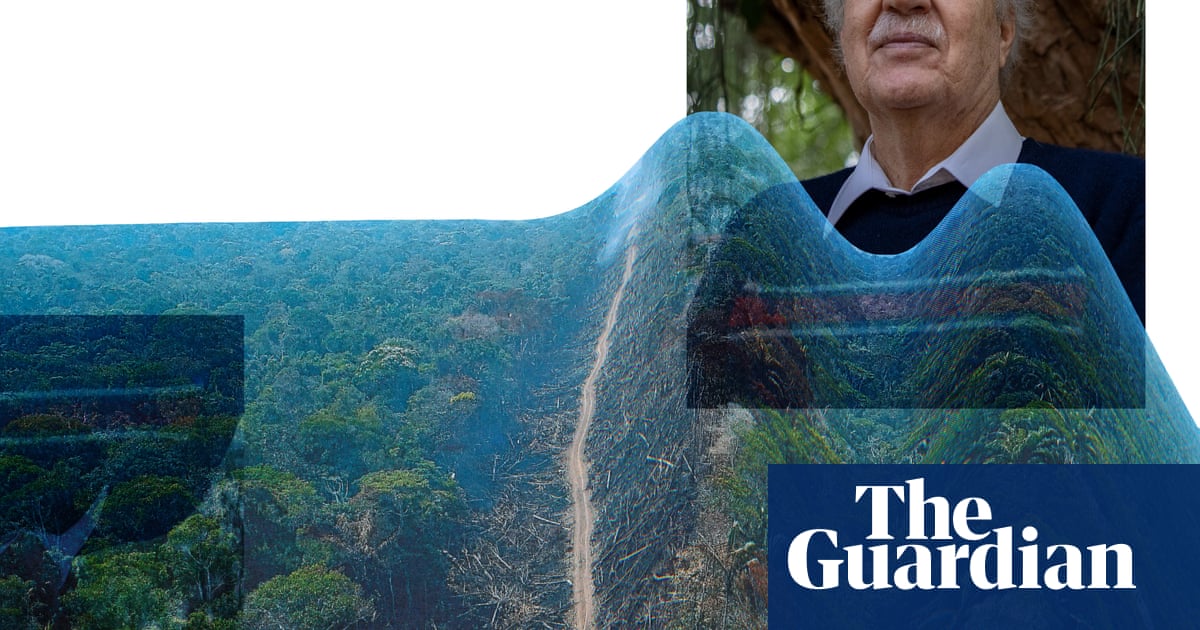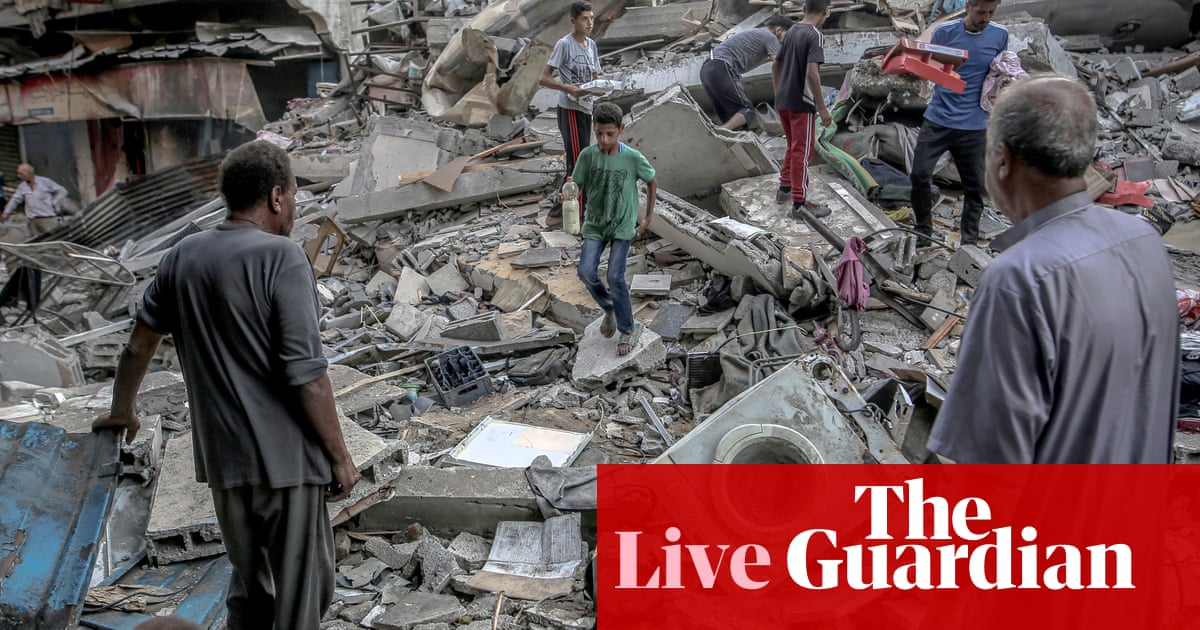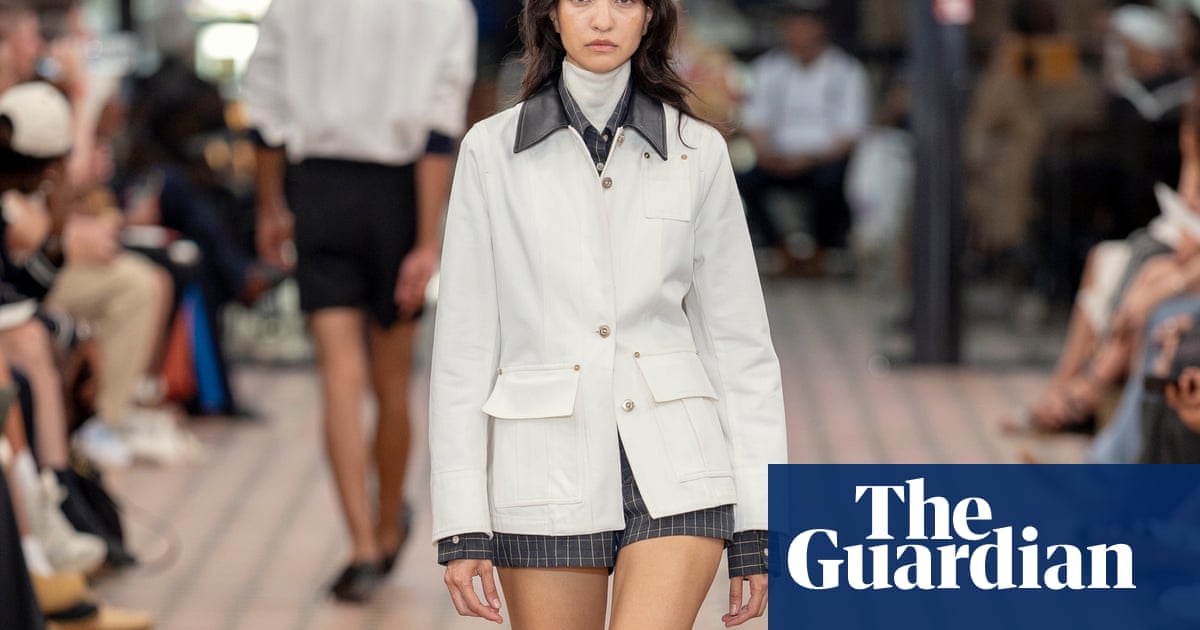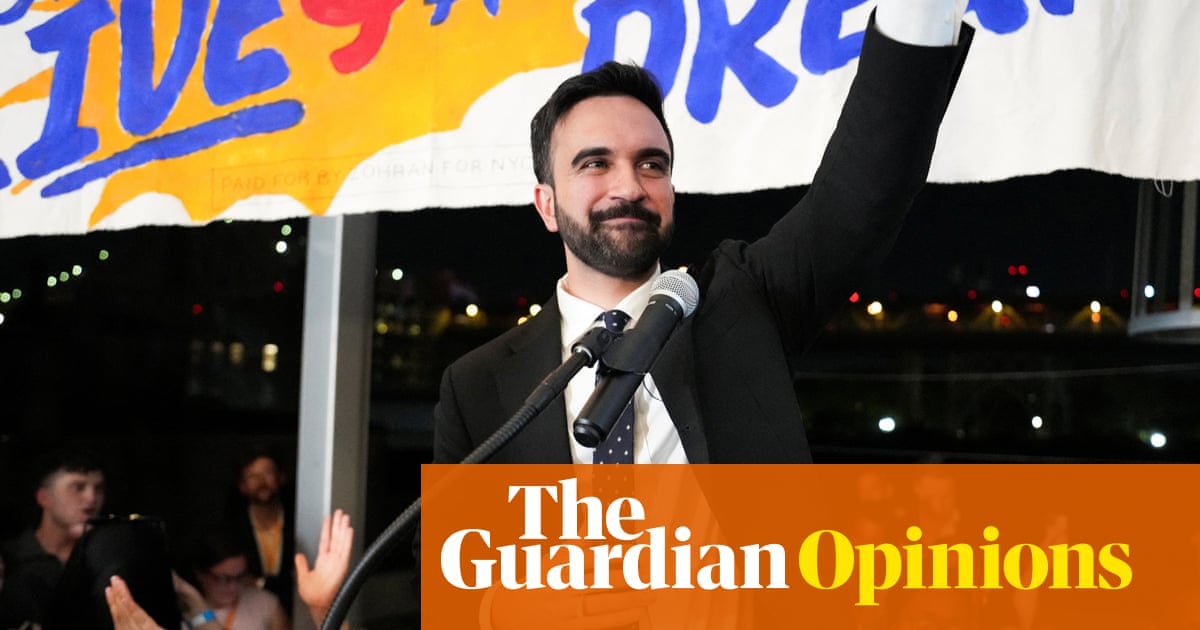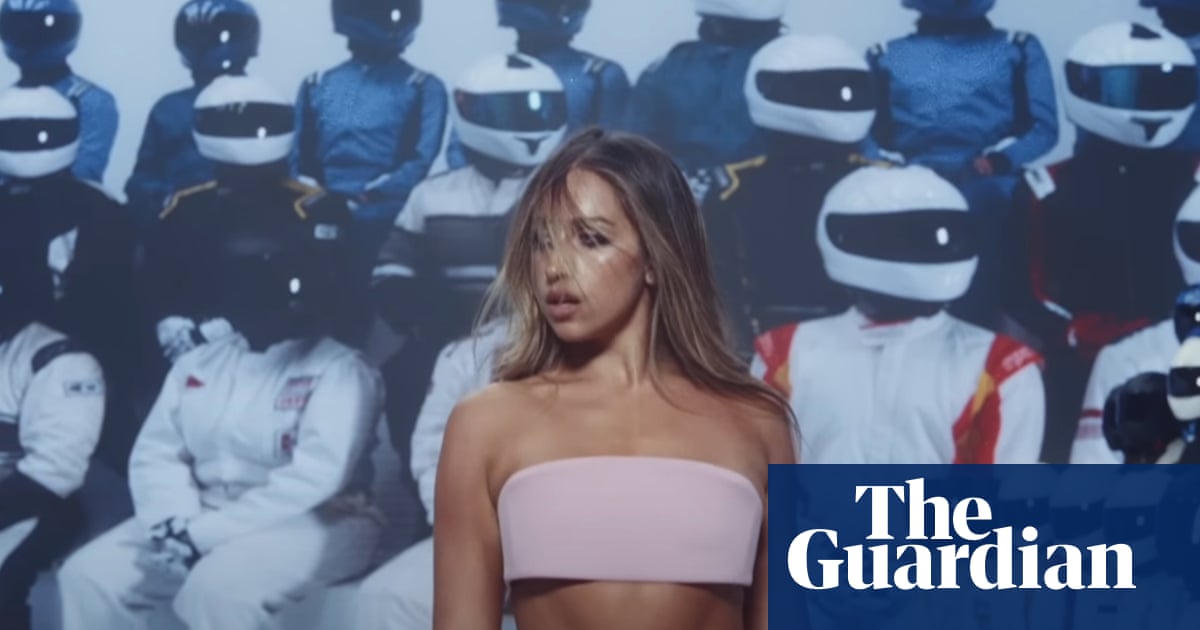Morning opening: Welcome to Brussels

Jakub Krupa
After yesterday’s Nato summit in The Hague, European leaders have travelled 176 km south to Brussels (1 hour 36 minutes on a train, but with connection in Rotterdam) where they meet for today’s European Council meeting of the EU.
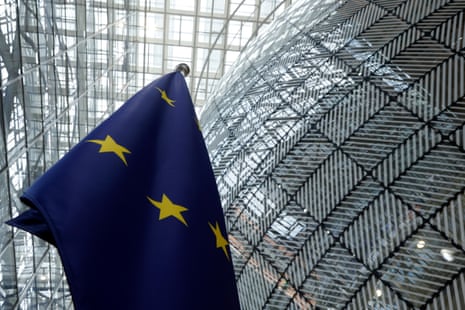
On the agenda:
-
Ukraine (including a video call with Volodymyr Zelenskyy),
-
the Middle East,
-
European defence and security,
-
competitiveness, and
-
migration.
They will also discuss the situation in Moldova and the broader enlargement policy towards the western Balkans.
The leaders should start arriving any moment now, and I will bring you their comments as they go into the room where it happens.
It’s Thursday, 26 June 2025, it’s Jakub Krupa here, and this is Europe Live.
Good morning.
Key events Show key events only Please turn on JavaScript to use this feature
Luxembourgish prime minister Luc Frieden says the Nato summit in The Hague was “the summit of unity and strength for Europe” as he praises the outcome of the talks.
He says the EU needs to “deepen the single market” to generate economic growth.
He pointedly says “we need open trade, and we are against tariffs,” as he hopes to get a deal with the US ahead of the 9 July deadline.
On Ukraine, he says “we need to continue to be supportive of Ukrainian people.”
On Gaza, he says the situation in Gaza continues to be “terrible” from a humanitarian point of view, and while Europe has “always been on the side of Israel in [terms of] its right to self-defence,” more needs to be done to improve the situation of Palestinians.
Finnish PM hopes to see sanctions against Russia passed today
Finnish prime minister Petteri Orpo also starts by praising the outcome of the Nato summit in The Hague yesterday.
He then says he hopes the leaders will reach an agreement on the new sanctions package to put pressure on Putin in a bid to end the invasion on Ukraine.
He stresses the need to pass the package today, and says he hopes that the two countries signalling their dissent – that’s Hungary and Slovakia – will eventually back it too.
Change in Nato mindset brought on by Vladimir Putin as much as Donald Trump - analysis
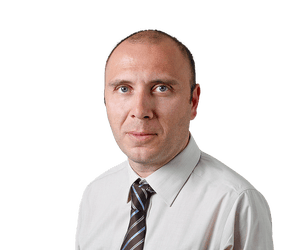
Dan Sabbagh
Donald Trump may like to take the credit for almost all of the 32 allies agreeing to a sharp increase in defence spending, but the reality is that the dramatic change in the Nato mindset was as much brought on by Vladimir Putin.
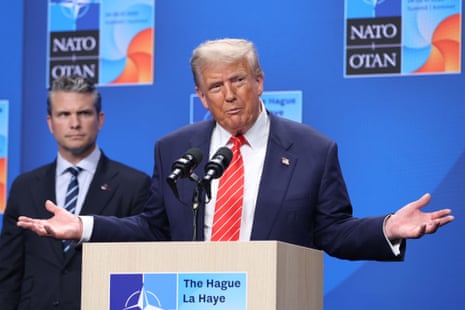
The Russian president’s full-scale invasion of Ukraine in February 2022 was the first jolt, but there is a second uncomfortable reality. If there is a sustainable ceasefire in Ukraine, it will mean the deployment of a European-led peacekeeping force in the country – and after a while, Russia’s military might will inevitably recover.
Mark Rutte’s sycophantic, but effective, handling of Trump, certainly helped bring about a positive summit in The Hague, though even the Nato chief had to concede that describing Trump as “daddy” – a father figure who had to tell Iran and Israel to stop fighting – was perhaps “a question of taste”.
The manoeuvres were not subtle, but they were nevertheless effective. A late schedule change gave Trump a night in King Willem-Alexander’s palace, complete with breakfast, leaving Trump to remark on how well he had slept, though what particularly seems to have hit home was hearing each of the alliance’s other 31 leaders give a three-minute speech, something that might be assumed to have bored him.
“I came here because it was something I’m supposed to be doing, but I left here a little bit different,” he said as he reflected on the morning meeting in an upbeat press conference.
Make no mistake, after Trump’s re-election and particularly in February, the alarm across Nato was real. That month, Trump started talking to Putin about Ukraine, and rowed with Ukraine’s president, Volodymyr Zelenskyy, in the Oval Office – while his defence secretary, Pete Hegseth, made a speech that was interpreted as a warning that in the not too distant future Europe might have to defend itself.
But what helped persuade Nato’s other leaders to spend more was a worry about Trump’s commitment. Nato planners believe that if Russia were to agree to a ceasefire, it could quickly, within perhaps three, five or seven years, pose a serious threat to the alliance’s eastern flank.
As we wait to hear from more leaders to arrive, let me jump on Schoof’s comments and bring you our defence and security editor Dan Sabbagh’s analysis of yesterday’s Nato summit in The Hague.
German chancellor Friedrich Merz is not in the mood for lengthy conversations as he arrives at his first European Council.
He lists the topics to be discussed today, and endorses the European Commission’s proposals to improve the bloc’s competitveness globally and “efforts to reach a trade agreement with the US.”
And, on a personal note, he says he hopes to be able to make a contribution to help Europe move forward successfully.
Dutch PM 'hopeful' to see new sanctions passed by EU
Dutch prime minister Dick Schoof arrives next, fresh from the successful Nato summit in The Hague.
He (not surprisingly) says it was a “very good summit,” which “achieved a big result” with the new 5% defence spending target.
He also tells reporters it’s clear that the US remains committed to Nato and Article 5, and hopes for a resolution to trade issues soon.
On sanctions against Russia, Schoof backs the “strong” package and says he is “hopeful” that it will be passed during today’s meeting.
'Rebellion is the only way,' Hungary's Orbán criticises EU's migration plans, rejects Ukraine's membership bid
Hungary’s Viktor Orbán is the first leader to arrive.
One of the key issues at this summit is whether the leaders will be able to agree on the 18th package of sanctions against Russia.
Hungary has been a vocal critic of the proposal, threatening (as usual) to block it. Slovakia is also partially against the new package.
But in his exchange with the Hungarian media, Orbán appears to signal he received a good compromise offer from the EU’s foreign policy chief, Kaja Kallas. One to watch.
He then takes a few questions from international reporters.
He gets asked what he would do if one of his five children wanted to attend the Budapest Pride march this weekend, banned by the Hungarian police.
He says:
They are all adults. So, they make their own choices in their own lives.
On Ukraine, he says he worries that “if we integrate Ukraine into the European Union, we would integrate the war.”
“We would not like it to be together in one community with a country that is at war and represents an imminent danger for us. If a member of the EU is at war, it means the EU is at war, and we don’t like it.”
He gets asked if his calculation would change if there was a ceasefire.
“Yeah, but there’s no ceasefire,” he answers.
On EU-US trade, he says the problem is the Americans have “a heavyweight dealmaker,” while the EU’s negotiators are “rather weak.”
On migration, he calls for “rebellion, rebellion, rebellion” against the EU’s rules as he criticises the inadequate response so far.
“We have discussed 100 times how to change … the regulation of migration. And nothing happened, they just [keep] coming in,” he says.
He tells his fellow leaders that “if you come together to have a nice meeting and nice talk, it will never ork.”
“The only way to stop it, as we Hungarians have done, … that nobody can step into the territory of Hungary without having the permission from the Hungarian authorities,” he says.
“What I suggest to all my colleagues, rebellion, rebellion, rebellion. … Rebellion is the only way,” he says.
Morning opening: Welcome to Brussels

Jakub Krupa
After yesterday’s Nato summit in The Hague, European leaders have travelled 176 km south to Brussels (1 hour 36 minutes on a train, but with connection in Rotterdam) where they meet for today’s European Council meeting of the EU.

On the agenda:
-
Ukraine (including a video call with Volodymyr Zelenskyy),
-
the Middle East,
-
European defence and security,
-
competitiveness, and
-
migration.
They will also discuss the situation in Moldova and the broader enlargement policy towards the western Balkans.
The leaders should start arriving any moment now, and I will bring you their comments as they go into the room where it happens.
It’s Thursday, 26 June 2025, it’s Jakub Krupa here, and this is Europe Live.
Good morning.

 4 hours ago
2
4 hours ago
2
